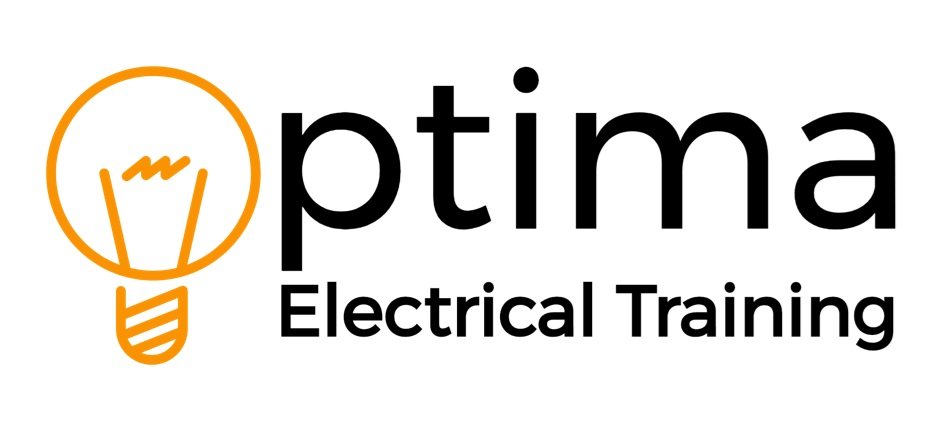Eliminating Electricity Overspend in the UK Education Sector
In an era of increasing energy costs and heightened awareness of environmental sustainability, managing electricity consumption in the education sector has become a critical issue.
Schools, colleges, and universities across the UK are facing rising electricity bills, which strain budgets that could otherwise be allocated to educational resources. This article explores practical strategies to eliminate electricity overspend in the education sector, contributing to both financial savings and environmental responsibility.
Understanding the Challenge
The education sector is a significant consumer of electricity, with energy-intensive activities ranging from heating and lighting to the operation of IT equipment and laboratory facilities. The challenge is compounded by the fact that many educational institutions are housed in older buildings that are not energy-efficient. Additionally, there is often a lack of awareness and engagement among staff and students regarding energy conservation.
Energy Audits: The First Step
Conducting comprehensive energy audits is the foundational step towards identifying and eliminating electricity overspend. Energy audits help in pinpointing areas where energy is being wasted and highlight opportunities for efficiency improvements. These audits should assess lighting, heating, cooling systems, IT infrastructure, and other electrical equipment. For more information on energy audits, visit the Carbon Trust.
Upgrading Lighting Systems
Lighting can account for a significant portion of a school's electricity usage. Transitioning to energy-efficient LED lighting can dramatically reduce electricity consumption. LED lights not only consume less power but also have a longer lifespan, reducing maintenance costs. Installing motion sensors and daylight sensors can further optimize energy usage by ensuring lights are only on when needed. The Energy Saving Trust offers detailed advice on upgrading lighting systems.
Enhancing Heating and Cooling Efficiency
Heating and cooling systems are another major contributor to electricity usage. Schools should consider upgrading to high-efficiency HVAC systems and implementing smart thermostats to regulate temperatures based on occupancy and time of day. Regular maintenance of these systems is crucial to ensure they operate at peak efficiency. Resources on improving HVAC efficiency can be found on the CIBSE website.
Implementing Voltage Optimisation Technology
Voltage Optimisation (VO) technology is an effective yet often overlooked method to reduce electricity overspend. VO adjusts the incoming voltage to a level that matches the needs of the electrical equipment within the building. Typically, the mains voltage supplied to UK schools can be higher than necessary, leading to energy wastage and reduced lifespan of electrical equipment. By optimizing the voltage, VO technology ensures that electrical devices operate more efficiently, resulting in lower energy consumption and cost savings. Additionally, this adjustment can reduce wear and tear on equipment, decreasing maintenance costs and extending the life of electrical devices. For more details on VO technology, visit Powerstar.
Leveraging Technology for Energy Management
Advanced energy management systems (EMS) can provide real-time monitoring and control of electricity usage across a campus. These systems can analyze energy consumption patterns, identify inefficiencies, and automatically adjust settings to optimize energy use. Integrating EMS with building automation systems can further enhance efficiency by coordinating lighting, heating, and cooling operations. Learn more about EMS from the Energy Institute.
Promoting Energy Awareness and Engagement
Educating staff and students about the importance of energy conservation and involving them in energy-saving initiatives can lead to significant reductions in electricity use. Schools can implement campaigns to encourage simple actions like turning off lights and equipment when not in use, using natural light whenever possible, and reporting energy wastage. Resources for energy awareness programs can be found on the Sustainable Energy Authority.
Renewable Energy Solutions
Investing in renewable energy sources, such as solar panels, can provide long-term savings and reduce reliance on the grid. Many schools have large roof spaces suitable for solar installations. Government incentives and grants can help offset the initial investment costs, making renewable energy a viable option for many institutions. Information on renewable energy options and funding can be found at Solar Schools.
Retrofitting and Building Improvements
For older buildings, retrofitting can greatly enhance energy efficiency. Insulating walls, roofs, and windows reduces the need for heating and cooling. Upgrading to energy-efficient windows and doors can also prevent heat loss. Where feasible, schools should consider designing new buildings to meet high energy-efficiency standards, incorporating passive solar design, natural ventilation, and other green building techniques. Detailed guidance on retrofitting can be accessed through the Historic England.
Financial and Policy Support
The UK government offers various schemes and grants to support energy efficiency improvements in the education sector. Schools should take advantage of these programs to fund upgrades and initiatives. Additionally, local authorities and education bodies can develop policies that mandate energy efficiency standards and provide guidance on best practices. Information on financial support can be found on the Gov.uk website.
Eliminating electricity overspend in the UK education sector requires a multifaceted approach, combining technological upgrades, behavioral changes, and policy support. By implementing energy audits, upgrading systems, leveraging technology, and promoting awareness, educational institutions can achieve significant energy savings. These efforts not only reduce costs but also contribute to environmental sustainability, aligning with broader goals of reducing carbon footprints and combating climate change. Through concerted action, the education sector can lead by example, demonstrating the benefits of energy efficiency and sustainability.
If you're considering a career change or looking to enhance your existing skills, now is the perfect time to take the initiative and enrol with Optima Electrical Training. With the availability of interest-free payment plans, it's easier than ever to get started.
Contact us today to embark on your training journey.
Contact us: Request Information
Email: info@optima-ect.com
Freephone +44 800 0371572



